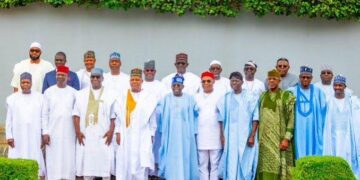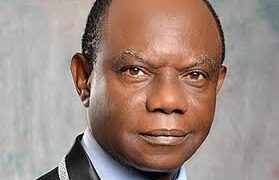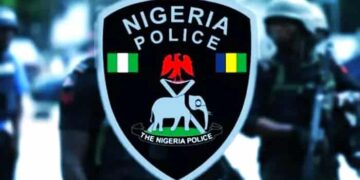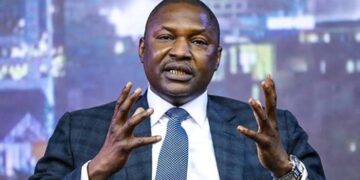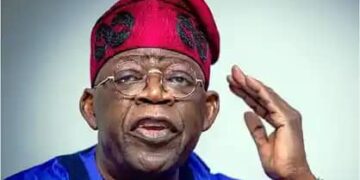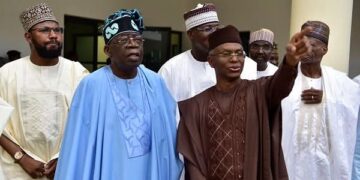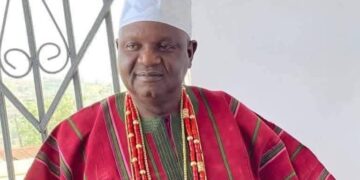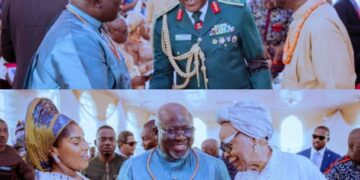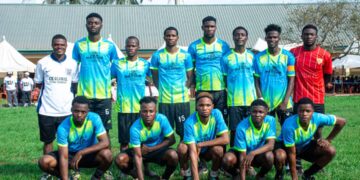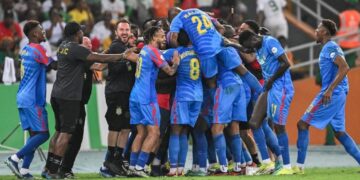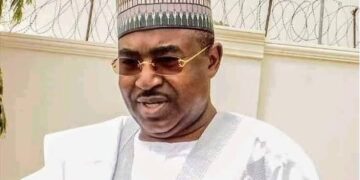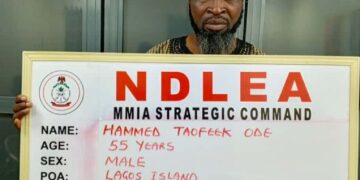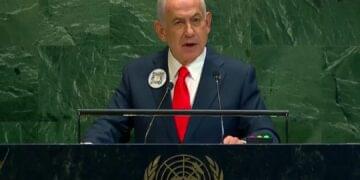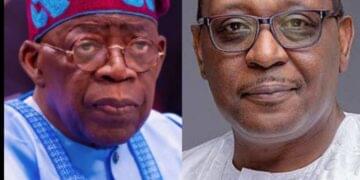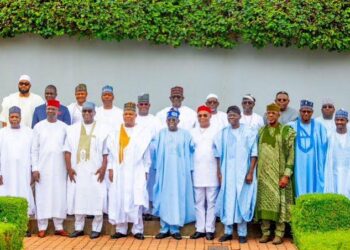By Adakole Elijah, PhD
I have perused a plethora of articles condemning Oseni Rufai of Arise Television for his ostensibly unorthodox interview style with the Minister of Works, Engr. David Umahi.
While the Minister’s comportment bespoke an imperious demeanor, Rufai’s stance was paradigmatically consonant with the sacrosanct principles of investigative journalism, as enshrined in the Nigerian Constitution – the media bringing the government accountable to the people.
The efficacy of media interviews as a tool of investigative journalism cannot be overstated. It is the linchpin of journalistic practice, facilitating the unveiling of truths hitherto obscured from public scrutiny.
According to Singh (2016), investigative journalism is a distinctive facet of media practice that seeks to unearth facts that are deliberately concealed or distorted.
In this context, Rufai’s combative interview style, far from being reprehensible, exemplifies the very essence of investigative journalism. His approach is reminiscent of the illustrious tradition of journalistic giants who have fearlessly interrogated power and held the powerful accountable.
A cursory examination of the pantheon of combative broadcasters who have made significant contributions to the field of investigative journalism would reveal luminaries such as:
– Tova O’Brien (New Zealand journalist)
– Don Lemon (CNN, USA)
– Chris Matthews (MSNBC, USA)
– Lara Logan (Formerly with CBS and Fox News, South Africa/USA)
– Piers Morgan (TalkTV, UK)
– Nick Ferrari (LBC Radio, UK)
– Jeremy Paxman (Formerly with BBC, UK)
These journalists have consistently demonstrated unwavering commitment to uncovering the truth, often in the face of obfuscation and recalcitrance. It is through their efforts that the public is apprised of matters of utmost importance.
In the instant case, the Minister’s reluctance to disclose the cost of road projects per kilometer raises legitimate questions about transparency and accountability.
Rufai’s insistence on answers, far from being an exercise in ego-bruising, constitutes a vital service to the public interest.
As adumbrated above, i have no hesitation to flow with the postulation made by the venerable Chief Kenneth Ikonne few days ago when he illustriously asserted that “I therefore saw no journalistic impertinence in the Umahi – Rufai faceoff, even though i would have wished that Rufai kept his questions shorter and crispier. On the contrary, what I saw was ministerial haughtiness artfully deployed as a tool to avert scrutiny!”
In conclusion, Oseni Rufai’s interview style, far from being censured, deserves commendation for its unwavering commitment to the principles of investigative journalism. His stance serves as a testament to the enduring power of a free press in a democratic society.
Elijah, the living ancestor (Adalekwu) writes from O’EJE Fortress, Otada-Otukpo.

